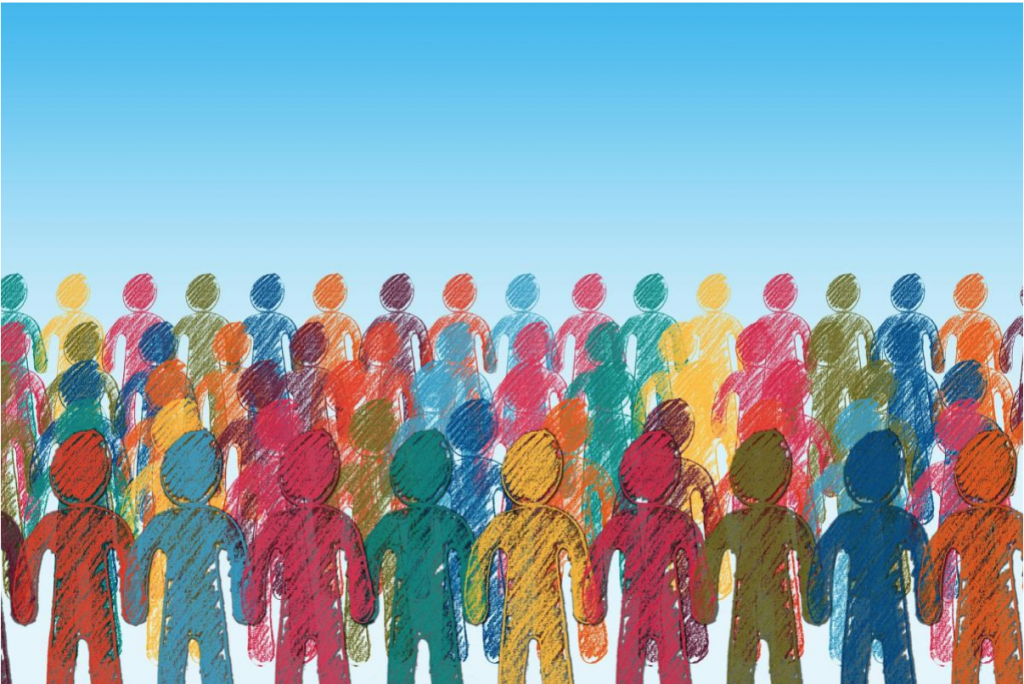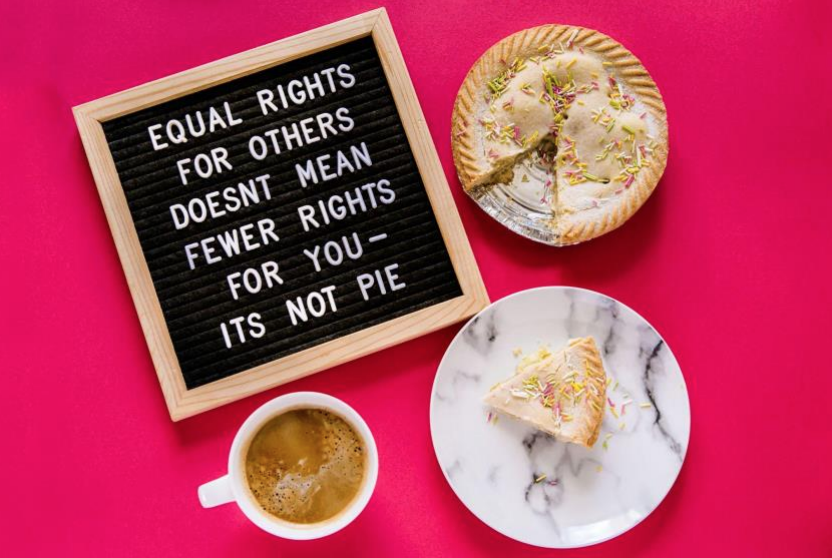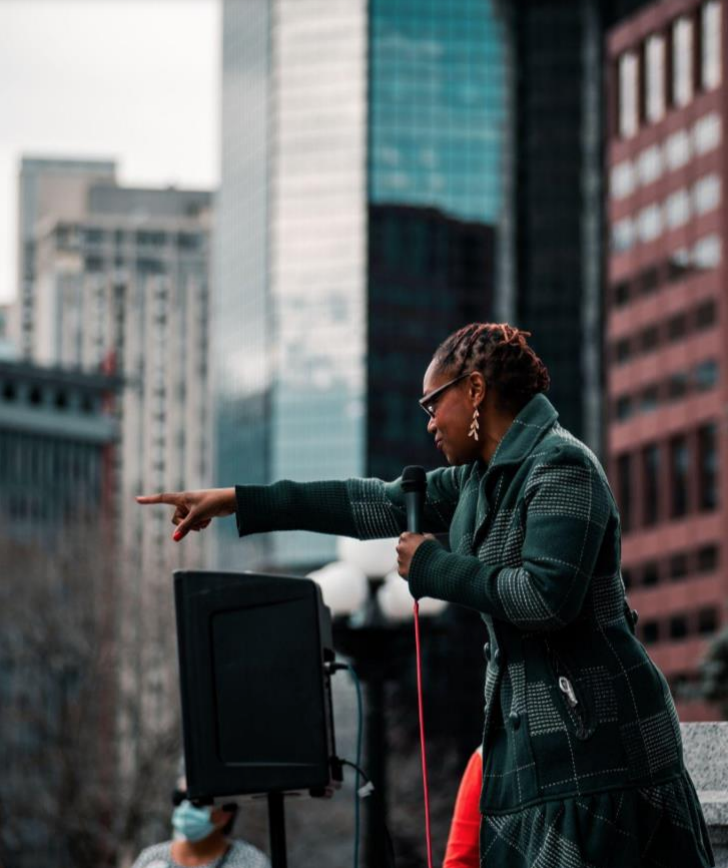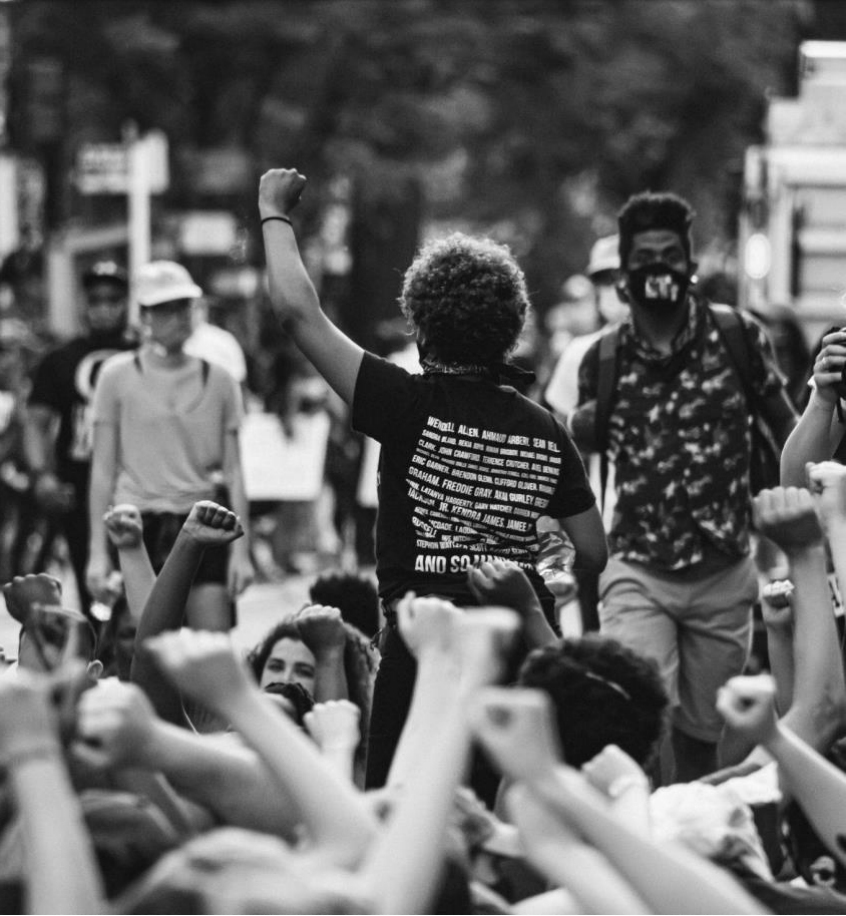Portugal, 7/10/2022
IS GENDER EQUALITY POLITICAL?
In everyday life, when we talk about politics, we usually look at it as something complex and distant, as if it were a subject only for specialists or politicians. Or else, we think that politics is only restricted to voting. But is that all? After all, what do you have to do with politics?
Nowadays it is very common to hear comments like “I don’t like politics”, “I prefer not to get involved with these issues”, “all politicians are thieves” or “Politics involves corruption and embezzlement”. We live in a moment of distancing from the notion of politics. For a large part of the population, doing politics is only related to corruption and electoral procedures. But do we really understand what politics represents in our lives?
Defining what politics is, as well as other words like “love” and “freedom”, is not an easy task. The meanings of all of them are comprehensive and subjective, depending on the context and the opinion of those who use them. Even so, the exercise of defining what these words mean is useful to shed light on some little-spoken aspects and avoid misunderstandings. In this way, the origin of politics goes back to participation in the community, to collective life. Quite different from what is usually thought of politics as something limited to professional politicians.

When did politics started?
Politics arises in Ancient Greece from the need to create a system of organisation of Greek city-states. It is in this context that the concept of direct democracy begins to be addressed in Athens, the main center of classical Greece. To make decisions regarding life in society, assemblies were held in which all male citizens over 18 years of age could participate and vote. Unlike Ancient Greece, today’s society is made up of a much larger number of people and, consequently, of much more complex problems and needs. The growth of the population and the extension of the territories ended up making this model impracticable, taking into account the time that would be spent for decisions to be taken based on the individual opinion of each citizen present in the assembly.
How does politics work nowadays?
The concept of representative democracy, in which citizens are elected to represent certain parts of society, emerged as an option in European parliaments around the 17th century. Politics and life in society are closely related concepts. Without one, there cannot be the other. This is what Professor Irlys Barreto, from the Graduate Program in Sociology at the Federal of Ceará, Brasil (UFC) explains: “Everything we do, in what we communicate with others, we have to mediate, convince. The word itself is a form of exercising politics. So politics means living together collectively, it is not just a condition of power and representation. This separation that we make between politics and everyday life, home and street, are artificial separations. In fact, politics is in our lives, it’s in the place we live, it’s in the way we walk the streets, in the way we relate to each other. The notion of politics comes from ‘polis’, it comes from the city, it comes from living collectively.”
The moment of disbelief in politics that we are experiencing today is a reflection of the distance between the population and the decisions that govern collective life taken by elected representatives. Professor Irlys Barreto highlights this relationship:
“Even if politics is close to us and we can say that everything is politics in life, institutions work with this degree of detachment. This distance between who I chose and what they will do for me, what will represent me, is more opaque, more difficult. We are experiencing a huge moment of disbelief in politics and the population no longer believes. Every time we hear the news – ‘there was corruption, there was this’ – there is a tendency to discredit, or else the idea of salvation, that someone is going to save us from this tide of misunderstandings.”
Politics is the way we manage our collective life, our coexistence in society. After all, we need each other for our lives to work. Some initiatives seek to reduce this distance, bringing political action closer to the people. This is the case of residents’ associations, collectives and community groups. In representative democracy, these forms of non-partisan organisation are fundamental for the proper functioning of political life.

The importance of activism and struggle for equality
However, certain forms of participation are valued more than others; the very idea of political participation would be linked to participation in institutions, even though they are spaces that do not harmonise with the language, mannerisms and/or modus operandi of how youth act. It is under this bias that it may be possible to understand and analyse how youth activism, in contemporary times, has built the public sphere and interfered directly or indirectly in its construction, in a self-conscious reinvention of youth identities in articulation between the global and the local.

Within the processes of political action by young people, Aguilera (2016) identifies three categories to analyse how youth demonstrations erupt: movements (moved), with more informal and unstructured characteristics, with little participation of organised groups; the mobilisations, possibly, larger acts that imply «a transformation of places, a redefinition of social codes, an impugnation of social relations and the creation of symbols that call into question the very system of hegemonic social representations» (Aguilera, 2016, p. 177); and movements, a category that is situated in the realm of social/popular movements. The three categories are not mutually exclusive, but complementary to an ongoing political process – institutionalised or not. Since the late 1990s and early 2000s, we have noticed a profusion of demonstrations that use direct action, protest in the form of a party, the diversification of forms of action, intense militancy through online digital resources and the untying of traditional forms of participation, such as unions and parties (Oliveira, 2012).

Juventude, ativismo político, políticas públicas e a confusão que é articular isso tudo. Psicol. Am. Lat. [online]. 2019, n.32, pp. 107-117. ISSN 1870-350X. disponível online em http://pepsic.bvsalud.org/scielo.php?script= sci_arttext&pid=S1870- 350X2019000200003 https://www.politize.com.br/o-que-e-politica/ consulted on 16/09/2022 https://www.radiouniversitariafm.com.br/noti cias/tudo-e-politica-1-o-que-e-politica/ consulted on 16/09/2022
Author: Joana Coimbra, Youth Worker at SóJovem

